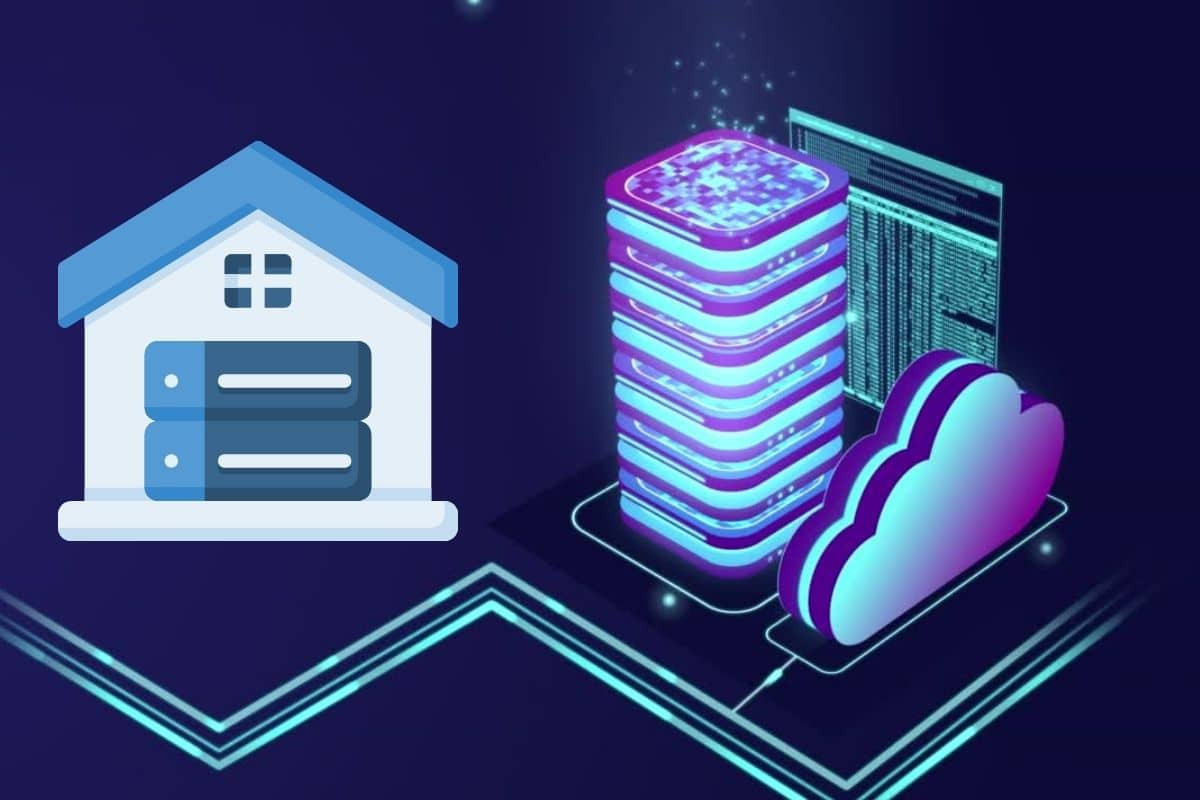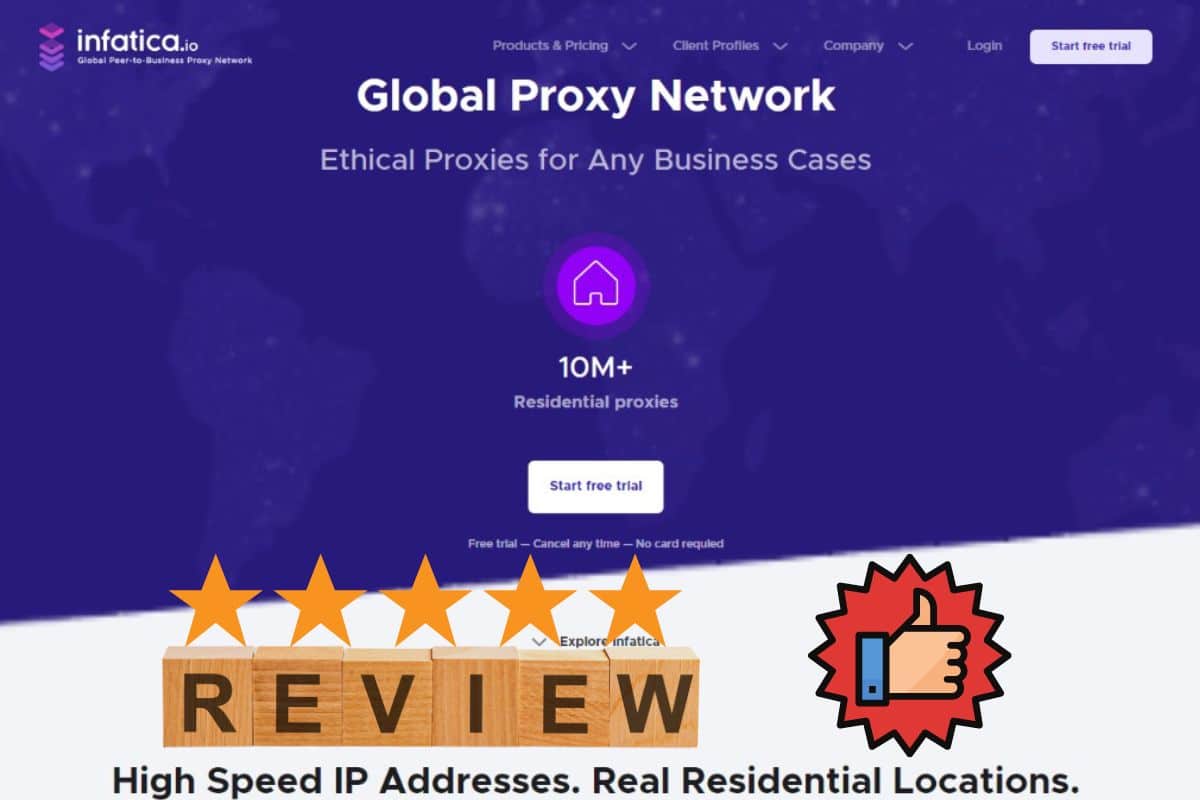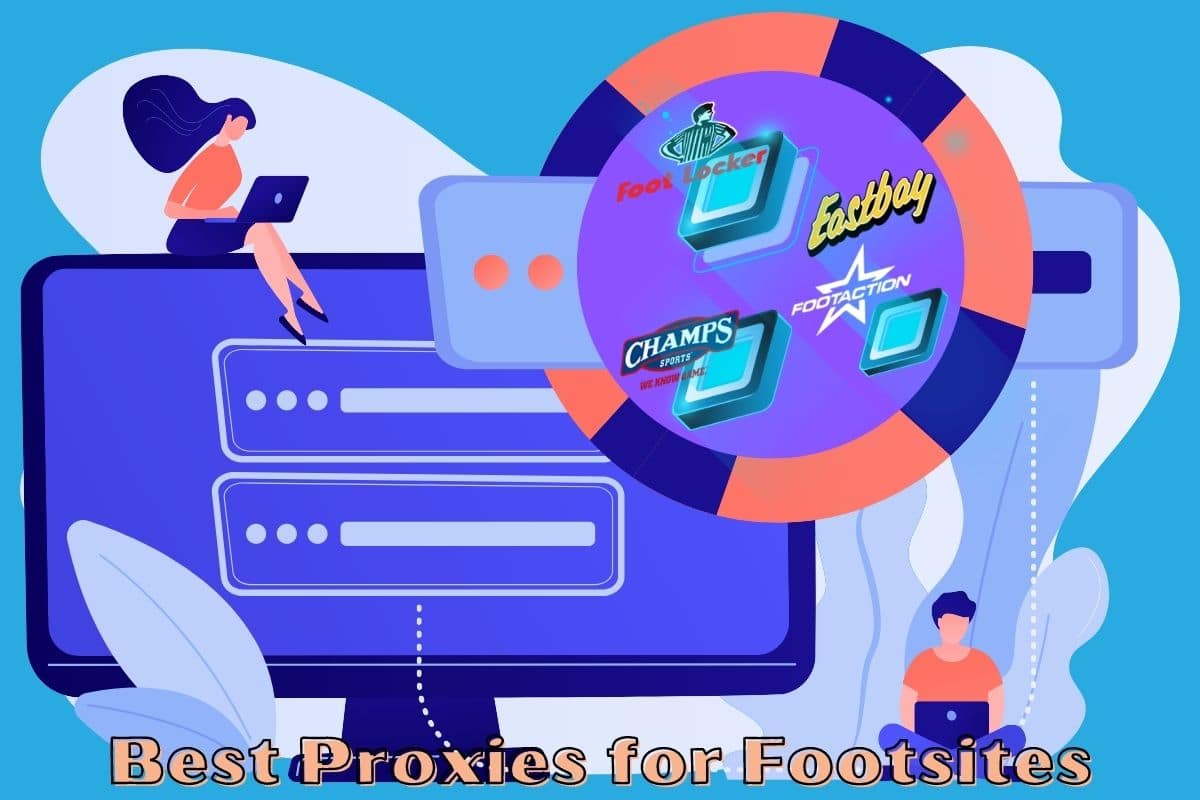Wondering how residential and ISP proxies compare? After all, both proxy types hide your IP address. So, what's the difference, and why should you choose one over another, let's find out!
Residential Proxies Features

Residential proxies are IP addresses owned by internet service providers and assigned to real people, their computers, phones, or any other smart devices connected to Wi-Fi. The way residential proxies hide your IP is simple.
Instead of sending the connection request directly to your wanted website, you send the request to a proxy server. Then routes the request through a residential device and connects to the website.
Hard to Block
Because of this, residential proxies have many strengths. Differently, datacenter or ISP proxies resist rarely sharing the same subnet. So you can forget accidentally blocking a bunch of IPs at once and get this residential proxy provider to control thousands or millions of different IP addresses.
That's why you'll hardly get the same IP address twice. You'll also be able to select IP addresses anywhere in the world. Most importantly, a residential proxy is hard to block since it's hosted on a real device. The IP looks like a regular user.
Slower than Datacenter or ISP Proxies
However, these proxies are several times slower than datacenter or ISP addresses. That's because they rely on end users' internet quality. Adding an extra element to the connection path also resists a good choice.
Suppose you need to keep the same IP for a long time. In that case, end users can disconnect anytime, even if the provider offers a sticky session of 10 or more minutes.
The Shared Proxy Pool
And then there's the whole sharing aspect. Residential proxy providers give all customers access to the same proxy pool. That means you're going to share those IPs with others.
What's wrong with that? You asked to watch our article about the difference between private and shared proxies to find out about getting back to residential proxies, though.
When Should You Use Residential Proxies?
So, all things considered, when should you choose this type of proxy?
- First, if you need to access well-protected websites, that would be social media platforms, sneaker stores, and highly scraped sites;
- Second, residential proxies are very helpful if you need to view localized content or work with multiple locations at once. I'm talking location sensitive tasks like AD verification or SEO monitoring which sometimes even require such features as city-level targeting. What about ISP proxies? Are they a better option?
ISP Proxies Features

ISP or static residential proxies combine the best qualities of datacenter and residential proxies. Like residential proxies, they're owned by internet service providers, not web hosting services like datacenter proxies.
They're hosted on servers at datacenters without involving end users. This means ISP proxies don't need to rely on iffy end-user connections.
Fast and Stable
These IPs are fast, stable, and always available on demand. They're also relatively hard to detect. It's because ISP proxies are owned by internet service providers, which have a much better reputation than cloud hosting services.
Unlimited Traffic
On top of that, some ISP proxy providers offer unlimited traffic plans. This is very useful when carrying out data-intensive activities.
Fewer Location
But let's be real; ISP proxies are not perfect either. Just like with datacenter proxies, getting IPs in a wide range of countries is hard. So ISP will give you fewer locations to choose from than residential's.
Small Scale
It's also hard to get big commercial ISPs on board. So, many of the IPs end up registered with small regional companies. IP databases often identify them as datacenter IPs which negates the main benefit of ISP proxies.
Subnet Ban
Besides, ISP proxies can't escape one of the downsides of datacenter IPs. They're simply too organized; having neat IP ranges sacrifices diversity. So, you're still at risk of getting your whole subnet banned.
When Should You Use ISP Proxies?
- Over residential when performing traffic-intensive tasks definitely. A good example would be sneaker cropping. Since you can buy ISP proxies by IP address, you won't have to pay extra for bandwidth.
- ISP proxies are also the best pick for protected websites. That requires a consistent identity. What would that be? Facebook and Instagram are a few examples. That's why multiple social media account management often relies on the help of ISP proxies.
Already know which type you like better? If so, here are the articles that will help you choose the best residential and ISP proxies providers.





